VAT For Beginners
A beginner’s guide to VAT
Businesses have to register for VAT once they hit the £85k threshold, but did you know that there may be advantages to you registering your business even if your turnover is below that?
In this video, Mitch Hahn explains clearly and in great depth everything you need to know about VAT – from when to register and which records you must keep, to different VAT schemes, claiming back vatable costs – and how to avoid HMRC’s wrath!
Watch it now to make an informed decision on whether your business should register for VAT.
Today in this video I am going to give you beginners guide to VAT. There are several reasons why your business may choose to register to for VAT. Whatever the reason, you’ll need to understand what you have to do and how you keep your VAT account and payments accurate and this simple guide is here to help! I’m Mitch Hahn and welcome to Nordens TV!
The ins and outs of VAT can be overwhelming and as a business owner you need to know what to do!
VAT which is short for Value Added Tax is a tax on the sale and purchase of business goods and services. If you are registered for VAT, you will collect information on the amounts of VAT charged to your customers, and the amounts that you have paid out.
The balance between these two figures is either reclaimed by your business or paid out to HMRC, usually on a quarterly basis.
So…when should you register for VAT…
Once your company’s taxable turnover is £85,000 or more or if you expect the figure to exceed this threshold during any rolling 30 day period, you must register for VAT. You also need to register if your sales are VAT exempt and exceed £85,000 but you purchase from EU supplier that are VAT registered.
You should speak with your accountant as there may be a benefit to registering, even when your taxable sales have not yet reached the threshold.
A couple of examples are, if your taxable sales are approaching £85,000 and you have not kept complete VAT records, HMRC will impose financial penalties if you fail to register when you should. On a positive, you may be investing in your business and have a lot of Vatable costs that you wish to claim back the VAT on which will help your cashflow.
There are 3 different rates of VAT in the UK currently.
Standard Rate VAT which is 20% - This is the rate paid of the majority of goods and services.
Reduced Rate VAT which is 5% - Certain items and service attract the reduced rate of 5%. These include home energy and some children’s goods.
And Zero rate VAT which is obviously 0%. This includes children’s clothes and a lot of food items.
Some goods and services are also VAT exempt, including postage stamps, education, training and insurance products.
It’s crucial to keep proper VAT records, as they may be needed to support the information given on your VAT returns. So, what does this mean in practice? Records can be electronic, or paper-based and must show the VAT figure as a separate amount.
A record of all transactions involving VAT must be contained within a separate VAT account in your books and provide a clear and accurate record of VAT activity within the business. Records that you will need to keep include:
VAT invoices and receipts Debit and credit notes Business goods taken for personal use Bank statements and cash books Paying in slips and cheque book stubs
Sales invoices and credit/debit notes should include your VAT and company registration numbers. If a customer returns goods and the invoice value changes, you will need to issue a new VAT invoice.
There ARE bookkeepers and bookkeeping systems such as Xero, Kashflow, SAGE, Quickbooks and things like receipt bank which can make life a lot easier and in my opinion, EVERY business should have.
Apart from the standard method of VAT accounting, other schemes are available, including cash accounting and annual accounting. These are intended to assist certain types of businesses, such as retailers, and help to simplify admin processes. I am going to run through quickly some of the other schemes available:
Cash Accounting Standard VAT accounting involves paying the VAT owed, sometimes before your customers have paid their invoices. The cash accounting scheme addresses this cash flow issue, and means that you only pay the VAT you owe once your customers have paid.
Annual Accounting Scheme This scheme allows you to file a single VAT return, instead of submitting returns on a quarterly basis. It reduces the paperwork involved and helps with business cash flow. Interim payments are made during the year, with a balancing payment being made or received at the end of the year.
Flat Rate Scheme This scheme is designed to simplify your records of sales and purchases. It allows you to apply a fixed flat rate percentage to your gross turnover to arrive at the VAT due. The fixed-rate percentage varies depending on the type of business. Businesses that use this scheme usually have minimal VATABLE expenses.
So, let’s talk about HMRC. HMRC imposes fines and penalties in various circumstances, including late registration, late filing, errors and defaults. In terms of inaccuracies on a VAT return, the level of penalty will depend on whether HMRC view it as a lack of care, or a deliberate attempt to mislead. In some cases, penalties can be up to 100 per cent of the tax due.
Finally, if your VAT-taxable turnover falls below £85,000, you can deregister, but it would be wise to seek professional advice on the merits and drawbacks for your particular business.
Cancelling is unlikely to be a good idea if you generally reclaim VAT on your tax return, if the drop in taxable sales is believed to be temporary, or most of your customers are registered for VAT. Once HMRC has sanctioned deregistration, you must retain your VAT records for at least six years.
There are so many ways to simplify this whole process. My advice would be to work with an accountancy who understands your business and can set you up efficiently so that you can focus on growing and working on your business rather than the fun and games of VAT. If you would like to talk to us at Nordens, please take advantage chatting with us for free to see how we can help you!
Continue watching:
-
VAT For Beginners
25 October 2019 -

SURREAL Cereal are a masterclass in disruptive brand building
14 October 2024 -
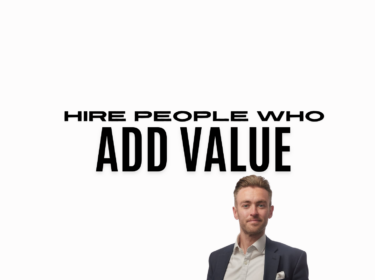
Hire people who ADD value to your business
14 October 2024 -
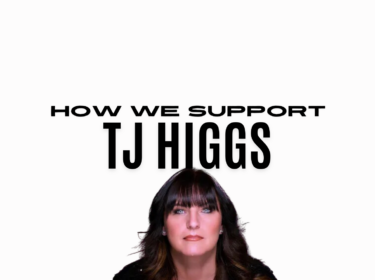
How we support the world leading psychic medium, TJ Higgs
14 October 2024 -
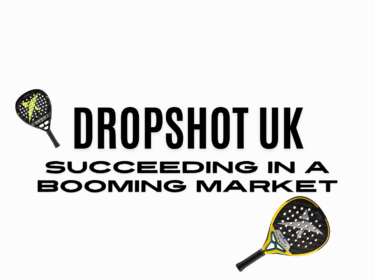
Dropshot UK: how we helped them succeed in the padel market
14 October 2024 -
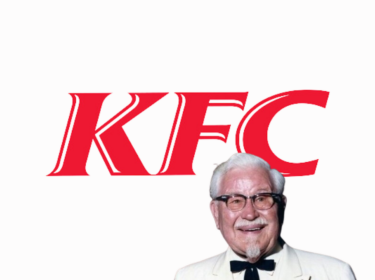
KFC and resilience: why you should never give up in business
14 October 2024 -

Use these Sales and Marketing tips to attract your IDEAL clients
28 August 2024 -

Neurodiversity and Business: Becoming More Neurofriendly
1 August 2024 -
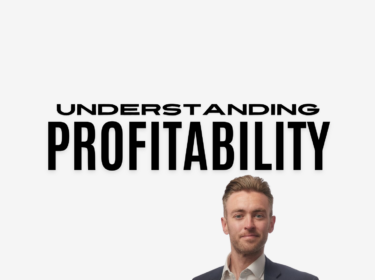
Profitability: what business owners NEED to know
1 August 2024 -

How we helped Chucky Venn succeed
16 July 2024


















